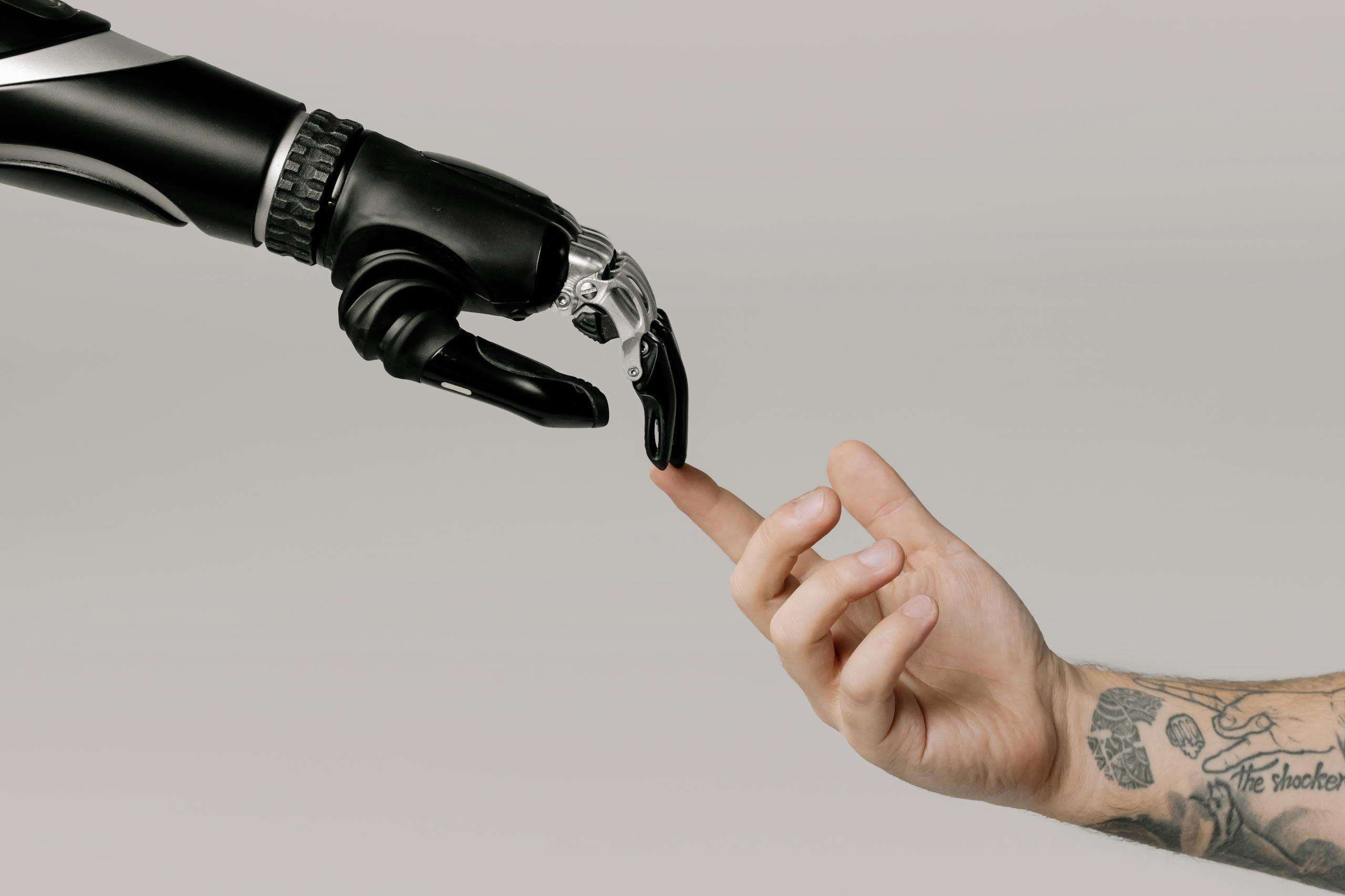Can AI Replace Humans? Here’s What Experts Say
Artificial Intelligence (AI) has rapidly evolved over the past decade. From smart assistants like Siri and Alexa to self-driving cars and advanced language models, AI is transforming the way we work and live. But one of the biggest questions that remains is: can AI actually replace humans?
In this blog post, we dive deep into what industry experts, researchers, and thought leaders have to say about the capabilities and limitations of AI. Will machines ever surpass human intelligence, or is there something fundamentally irreplaceable about the human touch?
The Rise of AI in Daily Life
AI is already present in many areas of our lives. We use AI when we open Google Maps, type with predictive text, or ask ChatGPT a question. Businesses use AI for customer service, analytics, and automation. Even fashion brands are leveraging AI to recommend outfits based on your preferences.
According to a 2024 Forbes report, more than 80% of businesses plan to integrate AI in some capacity by 2026. The question is no longer if AI will be used—but how far its usage can go.
What Can AI Replace?
AI excels at tasks that are repetitive, data-driven, and rule-based. For example:
- Customer support chatbots
- Automated financial reporting
- Machine translation
- Image recognition and tagging
- Predictive maintenance in manufacturing
These roles often don’t require empathy, intuition, or ethical judgment—areas where humans still hold the upper hand. That’s why many experts believe that while AI can assist, it won’t fully replace humans in most jobs.
Where AI Falls Short
Dr. Kate Darling, a researcher at MIT Media Lab, emphasizes that AI lacks emotional intelligence and context awareness. “AI doesn’t understand humor, irony, or cultural nuances in the same way humans do,” she says. This makes it difficult for machines to replace roles like therapists, teachers, or artists.
Human Skills That AI Can’t Replicate
Despite its rapid evolution, AI still cannot replace certain human traits:
- Empathy: AI doesn’t feel emotions and can’t truly connect on a human level.
- Ethical Decision-Making: Machines follow logic, not morals.
- Creativity: AI can generate ideas, but it’s often limited to recombining existing ones.
- Leadership: Inspiring and managing people requires emotional nuance and real-time judgment.
Experts Weigh In
According to a 2025 study by Stanford University, 72% of AI researchers believe that AI will augment most jobs rather than replace them. This view supports the idea of human-AI collaboration rather than competition.
Elon Musk has expressed both optimism and caution. He’s noted that while AI can outperform humans in specific areas, the lack of ethics and context is still a huge barrier to replacement.
The Future: Collaboration Over Replacement
Rather than a dystopian future where robots take over, many experts envision a world where AI works with humans. Imagine an architect using AI to generate multiple building designs in seconds or a teacher personalizing lessons using an AI assistant.
AI is best viewed as a tool—a powerful one, but still a tool. Just like calculators didn’t replace mathematicians, AI won’t replace human potential. Instead, it will free us from routine tasks, allowing us to focus on creativity, empathy, and complex problem-solving.
How to Stay Ahead in the Age of AI
If you’re worried about your job being replaced by AI, consider learning skills that are harder for machines to replicate. Emotional intelligence, critical thinking, and creativity are all human-centric strengths that can give you a long-term advantage.
Conclusion
So, can AI replace humans? The short answer is: not entirely. It can assist, enhance, and automate, but the essence of being human—our emotions, ethics, and imagination—remains out of reach for machines. The future isn’t man vs. machine; it’s man with machine.
Join the conversation in our WhatsApp community to explore more about AI, productivity, and the future of technology!


